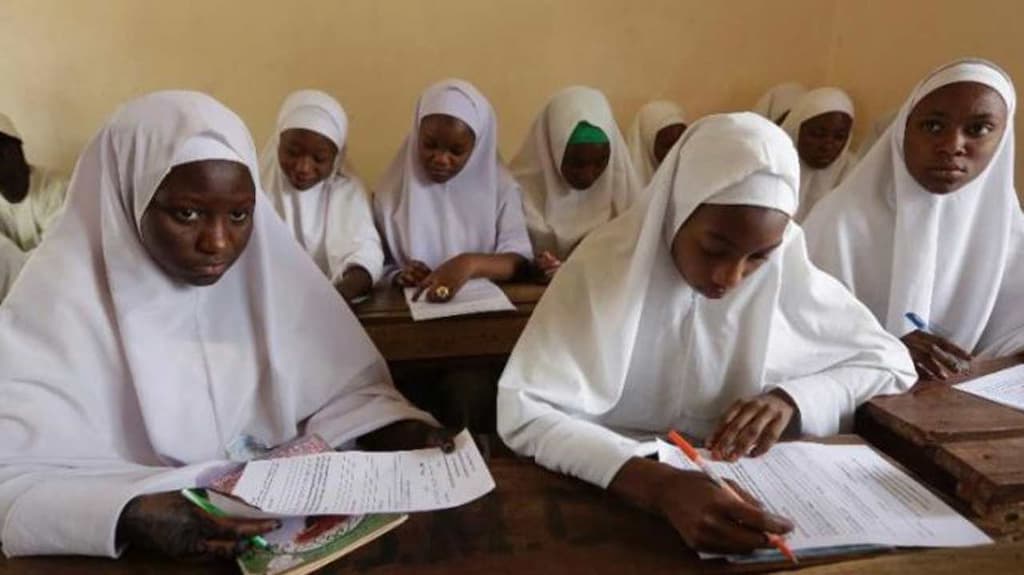Supreme Court has approved that Muslim female students in Lagos state wear hijab to school without harassment or discrimination.
In a majority decision, Nigeria’s apex court gave the ruling on Friday, June 17 in Abuja, stating that Muslim female students can now wear hijab to school without harassment or discrimination.
Read Also: Hijab: Kwara Govt Reopens Baptist School After Crisis Over Muslim Headgear
Delivering judgment, five out of a seven-member panel of the apex court held that banning the use of hijab is discriminatory.
Those on the panel included: Justice Olukayode Ariwoola, Justice Kudirat Kekere-Ekun, Justice John Inyang Okoro, Justice Uwani Aji, Justice Mohammed Garba, Justice Tijjani Abubakar, and Justice Emmanuel Agim.
Background
In October 2014, a Lagos high court ruled on prohibiting the wearing of hijabs in schools, a decision that was overturned by an appellate court in July 2016.
A five-man special appellate court panel, presided by Justice A.B. Gumel, had on July 21, 2016, overruled the October 17, 2014 judgment of Justice Modupe Onyeabo of the Lagos State High Court in Ikeja, which banned the use of hijab in public primary and secondary schools in Lagos State.
In an unanimous judgment, the appeal court noted that the ban was discriminatory against Muslim pupils in Lagos state.
Dissatisfied with the appellate court’s judgment, the state government took the case to the supreme court.
The Lagos State Government in February 2017, approached the Supreme Court to challenge the July 21, 2016 judgment of the Court of Appeal, which reinstated the use of hijab by Muslim pupils in Lagos public primary and secondary schools.

